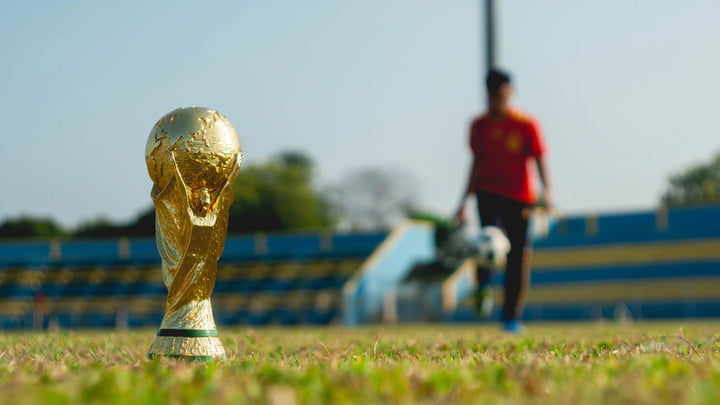The 2022 FIFA World Cup began on Sunday, November 20, surrounded by more than its fair share of scandals: deaths during the construction of its stadiums, anti-LGBTQ+ conduct regulations, prohibition of the sale of alcohol, and fake “fan” parades. The truth is that after the 2018 World Cup in Russia, nothing has been very “normal.” For starters, the COVID-19 pandemic made the qualifiers — at least, the South American ones — something rather bland, with many games played in empty stadiums. Then, there’s the fact that the previous host (Russia) is now banned by FIFA due to the invasion of Ukraine. And, for the first time in history, the World Cup is being held in November and December, and not June and July, interrupting the usual schedules for leagues and continental competitions.
But while this World Cup matchup has had its controversy, teams and fans alike are pulling for that win. The championship has been held since 1930 — with some suspensions involved — and is an event that brings together all the passion that exists for this sport. For some of the 2022 competitors, a win in Qatar would represent their first. For others, this win would be one of many.
If your memory fails you and you want to know a little more about the history of the FIFA World Cup champion countries, read on.

When it comes to overall wins, Brazil has everyone beat. Specifically, the Brazilian team has won five times, although the last time was almost two decades ago.
Until then, though, let’s see which countries have clinched some FIFA World Cups.
| Champion | Total | World Cup |
| Brazil | 5 Cups |
Sweden 1958, Chile 1962, Mexico 1970, |
|
Italy |
4 Cups |
Italy 1934, France 1938, Spain 1982, Germany 2006 |
|
Germany |
4 Cups |
Swiss 1954, West Germany 1974, Italy 1990, Brazil 2014 |
|
Uruguay |
2 Cups |
Uruguay 1930, Brazil 1950 |
|
Argentina |
2 Cups |
Argentina 1978, Mexico 1986 |
|
France |
2 Cups |
France 1998, Russia 2018 |
|
England |
1 Cup |
England 1966 |
|
Spain |
1 Cup |
South Africa 2010 |
Specifically, the Latin American countries have accumulated a total of nine Cups to their credit, while the European teams have a total of 12 World Cups, including the recent title for France in the 2018 World Cup in Russia. In fact, the last four tournaments have been won by European countries.
We will see if one of the European or Latin American countries will manage to take the win again this year, or if, finally, an African country manages to surprise. What team is your favorite? Which country do you think will win this time? This is just getting started, so there’s still plenty of time to figure it out.



